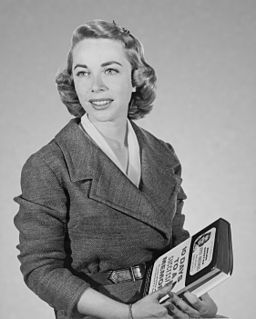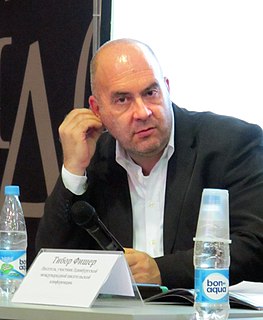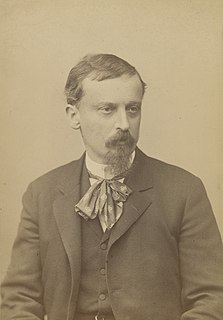A Quote by Giacomo Casanova
The philosopher is a person who refuses no pleasures which do not produce greater sorrows, and who knows how to create new ones.
Related Quotes
If that one is already a great artist, who knows how to educe from a small piece of wood the face of a king or of a queen, an ant or a camel, how great then is the mastery which can form as actuality everything which is in all potentiality? Therefore, God, who is able to produce from the most minute piece of matter the similitude of all forms which can be in this world and in infinitely many worlds, is of admirable subtlety.
No grand inquisitor has in readiness such terrible tortures as has anxiety and no spy knows how to attack more artfully the man he suspects, choosing the instant when he is weakest; nor knows how to lay traps where he will be caught and ensnared as anxiety knows how, and no sharp-witted judge knows how to interrogate, to examine the accused, as anxiety does, which never lets him escape.



































